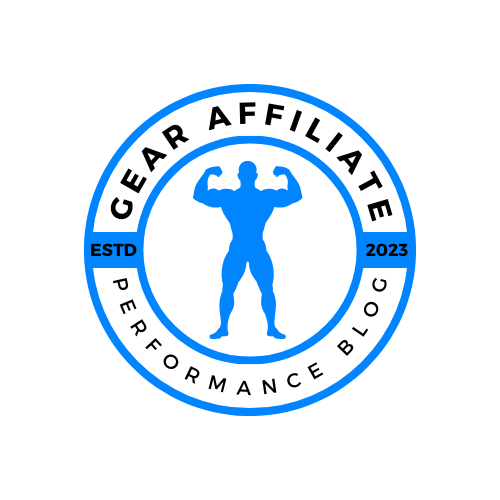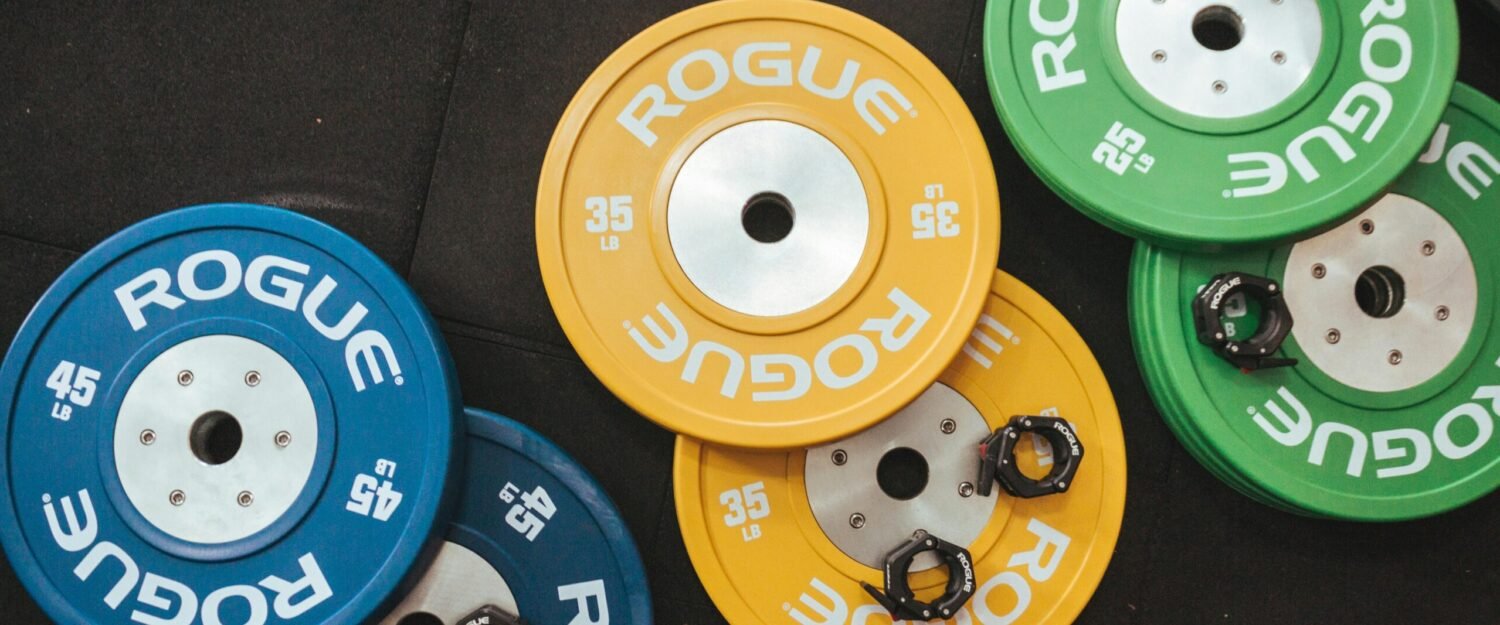Written by our supplement testing crew
Built for lifters, athletes, and anyone serious about what they put in their body—this guide is written by real coaches who prioritize performance over hype.
Benefits of Ashwagandha
Tips for Fitness Enthusiasts
What Is Ashwagandha?
Ashwagandha (Withania somnifera) is a powerful adaptogenic herb that has been used for over 3,000 years in Ayurvedic medicine. Native to the Indian subcontinent, it’s sometimes called Indian ginseng or winter cherry. The name “ashwagandha” translates to “smell of a horse,” referring to its traditional reputation for imparting strength and vitality.
As an adaptogen, ashwagandha helps the body adapt to physical and mental stress. It works by supporting hormonal balance and reducing cortisol, the stress hormone. This makes it especially useful for modern fitness lifestyles where stress and recovery are tightly linked to performance.
Ashwagandha’s use has expanded far beyond traditional medicine. It’s now a staple in many evidence-based fitness routines for its ability to support endurance, recovery, muscle growth, and mental clarity. Its unique combination of physiological and psychological benefits makes it a rare multitool in the supplement world.
Why Athletes and Lifters Use Ashwagandha
1. Improved Strength and Muscle Growth
Several clinical studies suggest that supplementing with ashwagandha can enhance strength and muscle mass. Participants using ashwagandha showed greater increases in muscle size and one-rep max lifts than control groups.
This is thought to be due to its impact on testosterone levels and reduced cortisol, which may allow for better recovery and muscle protein synthesis. One randomized controlled trial found that men who took ashwagandha over an eight-week resistance training program saw significantly greater gains in upper- and lower-body strength alike.
2. Increased Endurance and VO2 Max
Ashwagandha has been shown to improve aerobic capacity. For endurance athletes, that means better cardiovascular output and a stronger performance curve during long sessions or high-rep work. VO2 max improvements can help athletes maintain pace longer and recover faster between bouts.
Even recreational gym-goers benefit from this endurance support, especially when performing circuits or training in higher volume blocks.
3. Faster Recovery and Reduced Soreness
Thanks to its anti-inflammatory properties and ability to regulate stress, ashwagandha may help lifters and athletes recover faster between sessions. It may reduce DOMS (delayed onset muscle soreness) and promote deeper sleep, both of which are essential for repair and progress.
Many athletes report lower soreness after tough sessions and a noticeable improvement in next-day performance when taking ashwagandha consistently.
4. Stress Resilience and Mental Focus
Ashwagandha isn’t just physical. It also works on the mental side of training by improving mood and reducing anxiety. Lower cortisol means more stable energy and better mental clarity—great for high-pressure lifts or competition prep.
Whether you’re balancing work stress with training or dealing with performance anxiety, the calming effects of ashwagandha can make a measurable difference.
Nutricost Ashwagandha: A Smart Pick for Daily Use
Nutricost Ashwagandha Herbal Supplement
Nutricost Ashwagandha Herbal Supplement, 600mg, 120 Capsules – Vegetarian, Non-GMO, Gluten Free, Ashwagandha Root
If you’re looking to add ashwagandha to your stack, Nutricost Ashwagandha is one of the best value picks available. Each serving delivers 600 mg of pure ashwagandha root extract, with a bottle containing 120 capsules.
- Clean formula: Vegetarian, non-GMO, and gluten-free
- Reliable dosage: 600 mg per capsule is within the optimal research-backed range
- Third-party tested: Ensures purity and potency
Unlike some blends or proprietary formulas, Nutricost keeps it simple. You’re getting what you need, and nothing you don’t.
If you would like to see our stand alone review on this product, then check out our post Ashwagandha Supplement Review here.
It works well as a standalone recovery or stress supplement, or as part of a more comprehensive fitness stack. The affordability and quality control make it an easy recommendation for both beginners and experienced athletes.
How to Take Ashwagandha for Performance
- Dosage: 300–600 mg daily is typical. Most athletes benefit from the higher end of that range. Some studies have used doses up to 1,000 mg with no reported side effects.
- When to take it: Either in the morning with food to reduce stress throughout the day, or post-workout to aid recovery. Some take it before bed to support deeper sleep.
- Pairing options: Works well alongside creatine, protein, omega-3s, magnesium, or a multivitamin. Pairing with other adaptogens like Rhodiola or Eleuthero may enhance results for some users.
Cycle ashwagandha every 8–12 weeks with a short break to assess its impact. Because it supports overall homeostasis, the benefits may build over time rather than deliver acute effects like caffeine or pre-workouts.
Final Thoughts: Should You Use It?
Ashwagandha isn’t hype. It’s backed by centuries of traditional use and an increasing body of modern research. For lifters and athletes who want better recovery, more consistent energy, and support for building strength and endurance, it’s one of the most effective natural tools available.
Nutricost Ashwagandha makes it easy to integrate into your routine with a clean, effective formula. If you train hard and take recovery seriously, this adaptogen belongs in your supplement stack.
For lifters pushing big weights, endurance athletes seeking faster recovery, or everyday gym-goers looking to manage stress and stay consistent, ashwagandha offers real, tangible benefits that go beyond placebo.
If you found this post to be helpful, then you may be interested in the rest of our blog page here.
Discover more from GearAffiliate
Subscribe to get the latest posts sent to your email.



